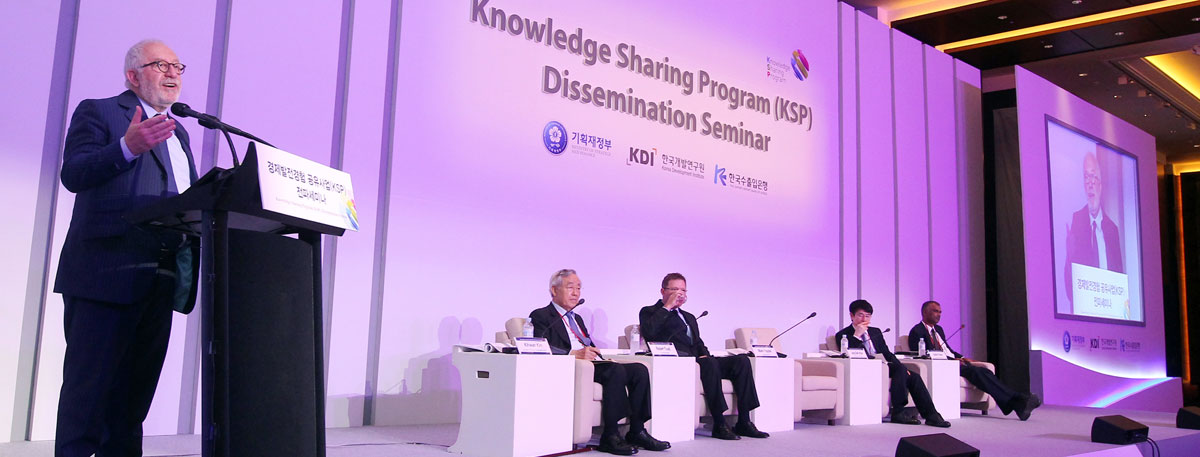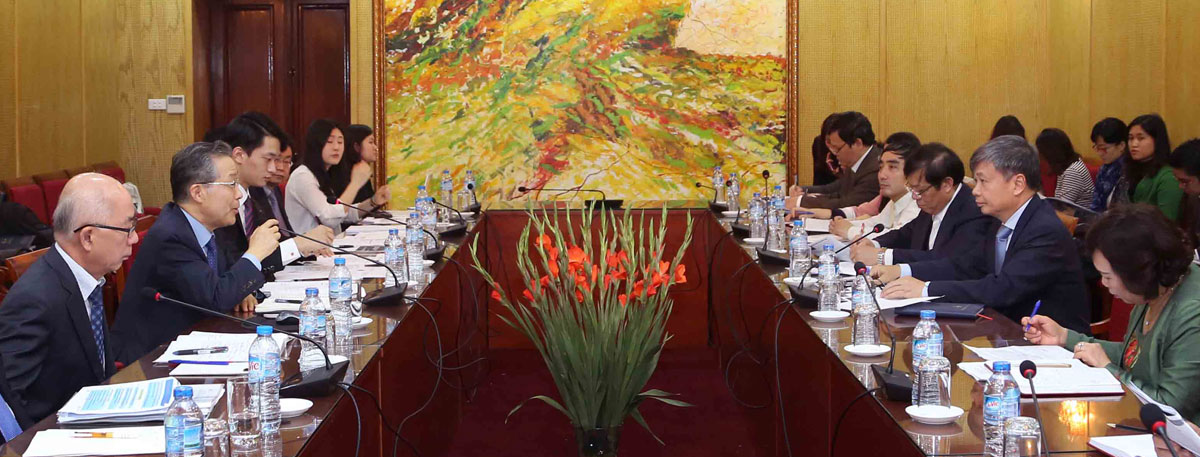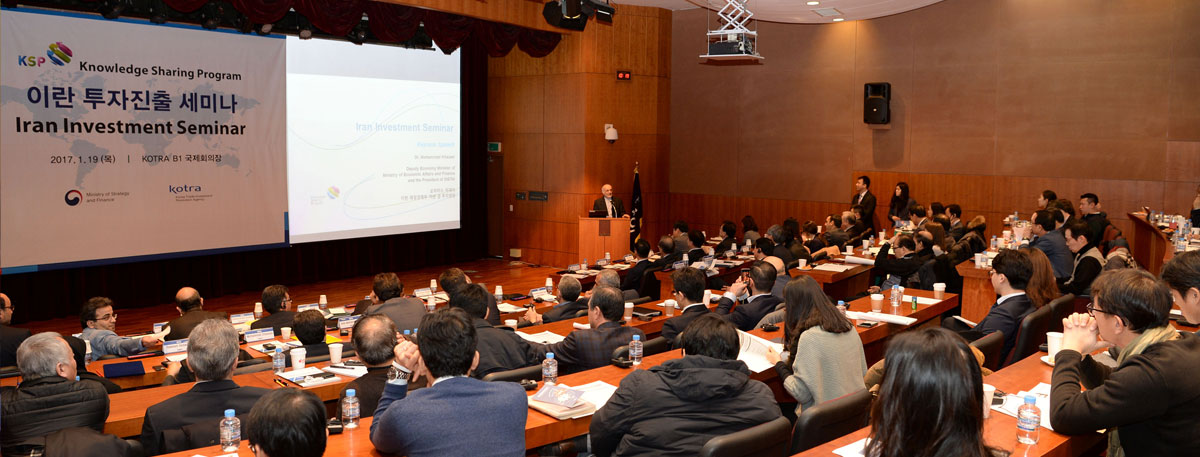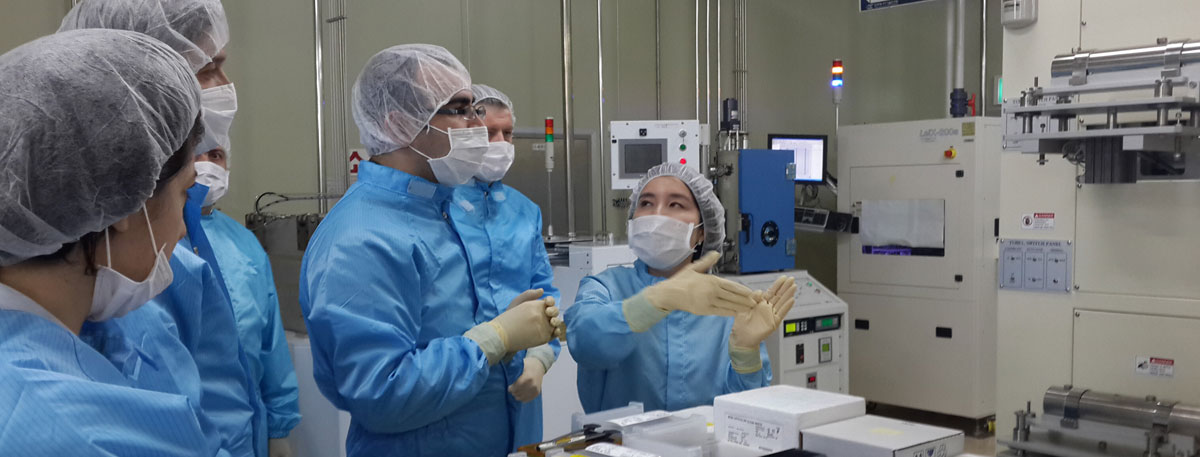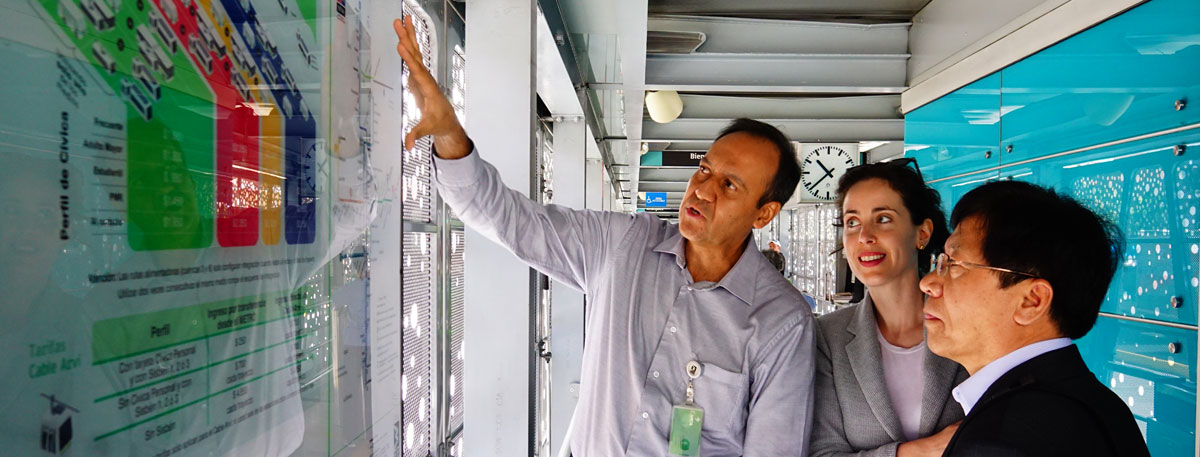Knowledge Sharing Program (KSP) is
a platform for development cooperation, aiming to share knowledge with partner countries and develop a solid foundation for the expansion of economic and political cooperation.
Our mission is to contribute to the inclusive socioeconomic development
of partner countries and promote strong and close economic cooperation.
Knowledge is considered a major driving force for innovation and growth, and its importance has been emphasized from the information and communications technology revolution of the late 20th century to the dawn of the Fourth Industrial Revolution.
Knowledge is also a key factor in strengthening the effectiveness of development cooperation by building ownership and enabling environments, and knowledge sharing offers opportunities to build close partnerships based on mutual learning and promotes co-prosperity through its commitment to Sustainable Development Goals (SDGs).
Leading global organizations such as the United Nations and the World Bank have stressed the crucial role of knowledge by promoting the concept of knowledge-based cooperation.
KNOWLEDGE SHARING PROGRAM
Korea was one of the most impoverished countries in 1948, but through international aid and its own efforts to build a sustainable foundation for growth, the country has eradicated poverty and has achieved a remarkable socioeconomic transition, becoming one of the leading global economies. Korea joined the Organization for Economic Cooperation and Development’s (OECD) Development Assistance Committee in 2010, making its official transformation from an aid recipient into a donor nation.
Korea’s development experience contains practical solutions accumulated through trial and error, and its knowledge of successes and failures is a great asset for developing countries to help take on development challenges and promote sustainable growth.
In this context, the Korean Ministry of Economy and Finance (MOEF) launched KSP in 2004 to meet the rising demand for deriving policy implications of the Korean development model and contribute to sustainable prosperity abroad. Korea has since served as a leading source of knowledge sharing by conducting the KSP with over 89 countries and has promoted the concept of knowledge-based cooperation along with hosting the G-20 Seoul Summit in 2010 and the Fourth High Level Forum on Aid Effectiveness in Busan in 2011.
-
“Korea still has the memory of being a poor country and has the benefit of a wealthy country right now and that's an experience that I think Korea can share with its partner countries in Africa and in Asia, and should share." Jeffrey Sachs (Professor at Columbia University)
-
“Korea is in a unique position to share lessons with the countries in many stages of development.” Jim Yong Kim (Former President of World Bank Group)
CHARACTERISTICS
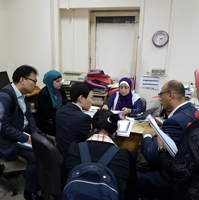
Demand-drivenprogram initiated by needs from partner countries

Comprehensive policy consultations covering variety of sectors and stakeholders (to cope with relevant policy issues)

Sharing of explicit and tacit knowledge based on
mutual learning
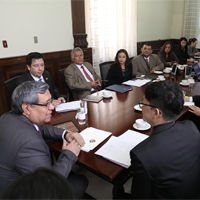
Selection of best matches in line with partner country's development challenges and absorptive capacity

Suggestion of tangible and functional approaches to enhance
capacity to act leading to institution building and follow-up projects








